"I see myself irritatingly boring.. I had not engaged in the assassination of Lincoln, neither had I planned to defeat the Mongols in the Battle of Ain Jalut.. I do not keep a corpse in the graves that I try to move with my mental powers.. I have not devoured a child since so long." With these words, the Egyptian author, Ahmed Khaled Tawfiq, described himself, despite being a renowned writer among the young fans of horror, fantasy, and science fiction. His fans consider him their "godfather".
"I fear death so much.. I am not one of those who claim in pride 'We do not fear death'.. How can I not fear death and I am not prepared to face The Creator? Who does not fear death is either fool or non-believer." Ahmed Khaled Tawfiq showed through his words about death, deep reverence for that certain truth, before being reported dead suddenly on April 2, 2018.
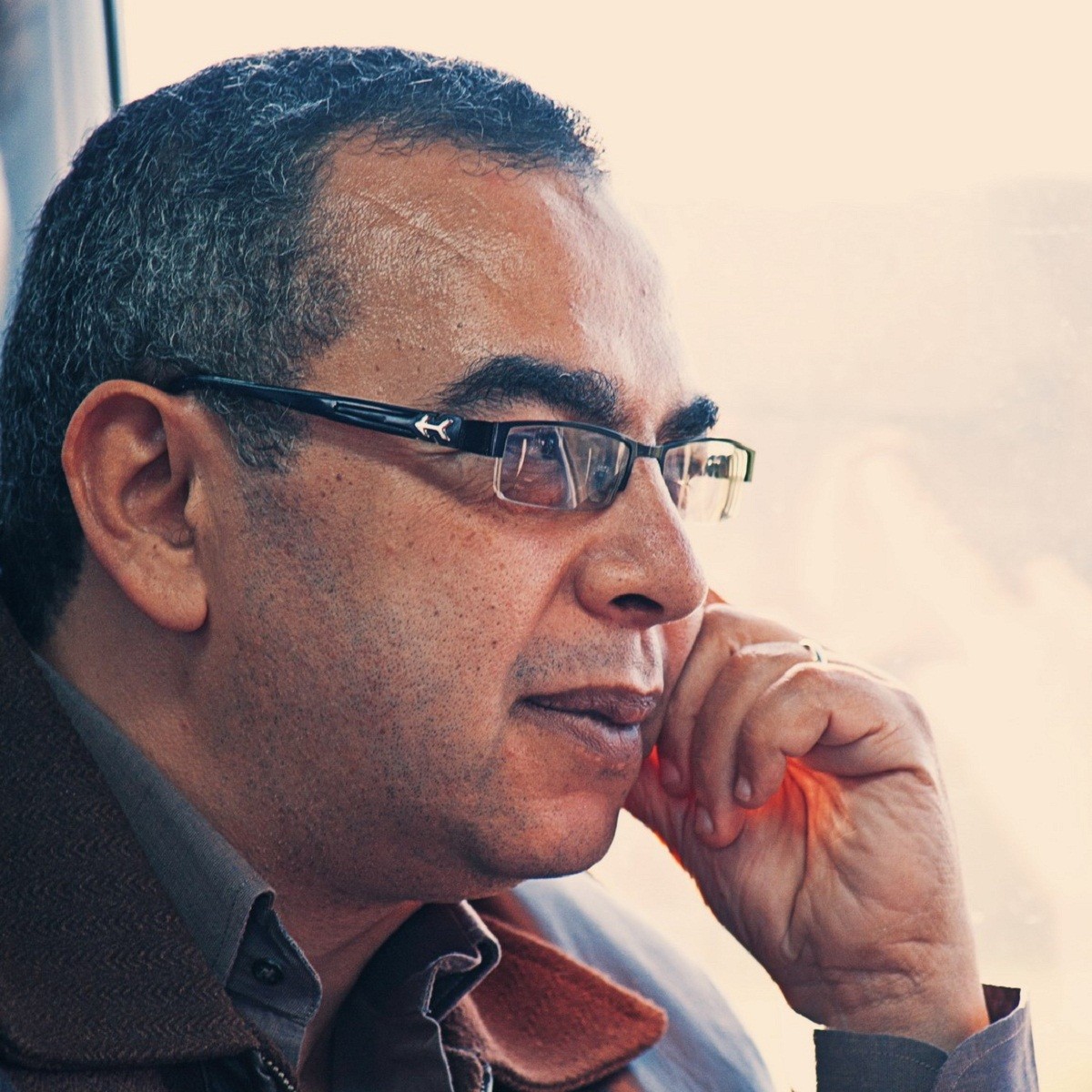
Born in June 10, 1962 in the city of Tanta, Gharbiya. Tawfik graduated from Tanta University's medical school in 1985, and specialized in chest diseases. He attained a PhD in tropical medicine in 1997. In 1992, he joined the Modern Arab Association and began writing "The legend of the Vampire" in his series Ma Waraa Al Tabiaa (Metaphysics). Unfortunately, it had not achieved acceptance by the association, where an official advised him to abandon the horror genre and turn to detective fiction.
No one of the Modern Arab Association was convinced of his novel, but Ahmed Al-mokdam. The latter considered it of a new genre in the Arab novel world, and should take the chance to spread and achieve success. Al-mokdam persuaded the director of the association to form a committee to consider the novel. However, the committee concluded that the novel was tacky, weak, and the underplot was lacking. In addition, the novel idea is vague. Therefore, Ahmed Khaled was deeply discouraged. Only Hamdi Mustafa, the director of the association, told him that he would present his story before another committee.
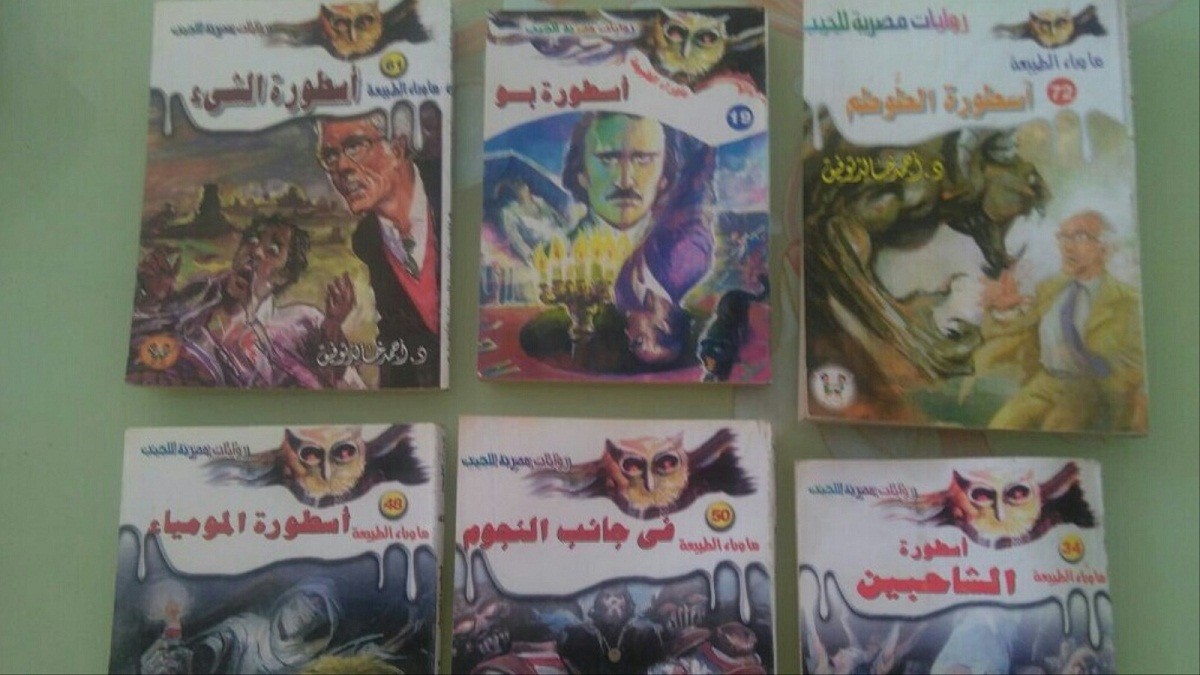
"I will never forget that Dr. Nabil Farouk was a direct cause for me to join the association. Otherwise, I would have stopped writing a year later at most", always Tawfiq said. He asserted that the second committee's opinion, headed by Nabil Farouk, was unexpectedly just. His novel was reportedly excellent, and its plot was coherent besides its thrilling and exciting nature. Therefore, Tawfiq was encouraged to keep writing.
In 1993, Tawfiq turned the novel into a series of novels titled Ma Waraa Al Tabiaa (Metaphysics) consisting of 80 stories, each deals with a different folk myth, such as the legend of El-naddaha (the caller), the Lake's Monster, the Living Dead, the Cannibalism, and the Legend of The Pharaoh's Curse. The series ended with The Legend of the Legends, which was published in 2014, and ended with the death of its main protagonist.
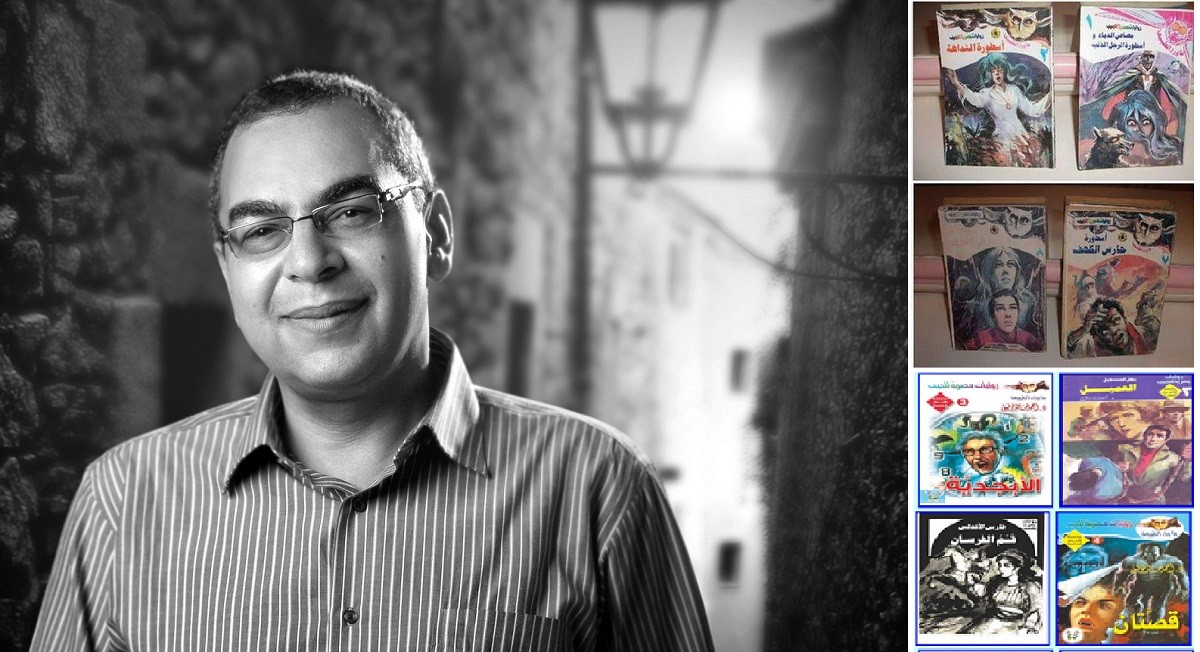
For twenty years, Ahmed Khaled Tawfiq published six series, totaling 236 novels, including Fantasia series (64 novels), which began in 1995. It is a series of adventures and science fiction novels, a new and rare genre. In 1996, the first novel of Safari series (52 novels) was published. The events in this series take place on the African continent with its challenges, risks, and adventures.
Following Dr. Nabil Farouk, Khaled Tawfiq embarked on translating a series of international novels. Nevertheless, he left what he had begun for being busy. He translated Shivers, a series of thirty-six children's horror novels written by M.D. Spenser in the US. In addition, he translated three novels of Fight Club series, written by American Chuck Palahniuk, Dermaphoria by Craig Clevenger, the Graveyard Book by the British author Neil Gaiman, and The Kite Runner by Khaled Hosseini.

In 2004, he began writing stories for Al-shabab magazine (The Youth), titled Now We Open the Box. In 2006, the first novel of WWW series was published. Its events take place in the terrifying and mysterious virtual world, where smart viruses and dangerous programs try to mess with man's life. Only five novels of that series were published, as well as a number of popular novels, most notably Utopia in 2008, Al-Singa (The Knife) in 2012, and In The Rat Path in 2016. Despite his literary activity, he kept working in the medical field until his death.




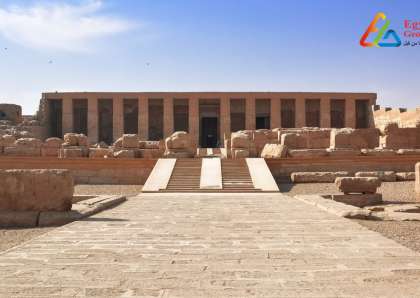
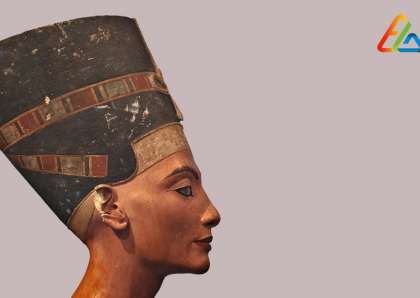
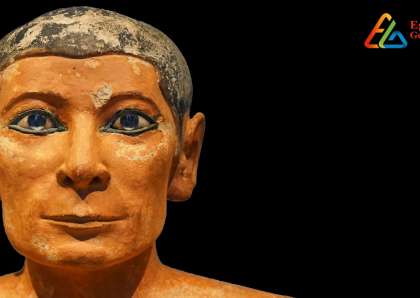
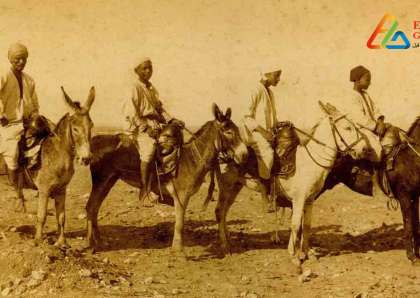
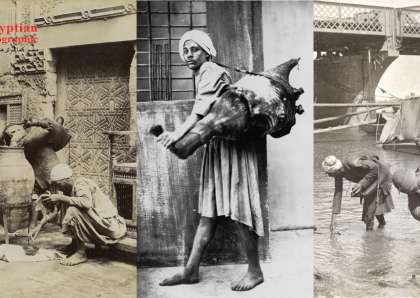
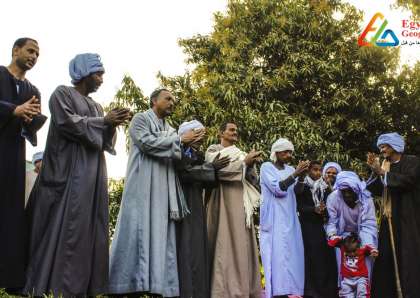


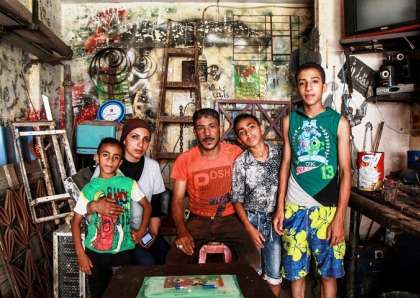






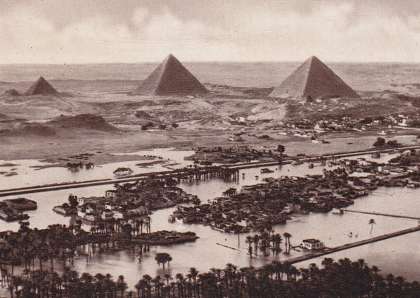
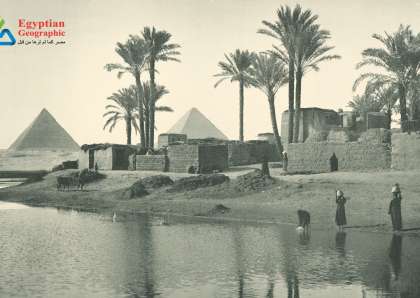
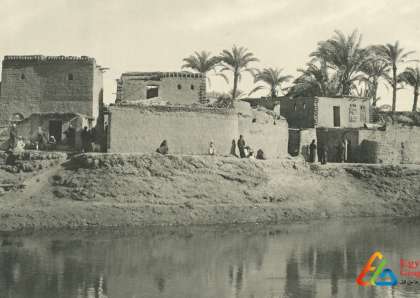













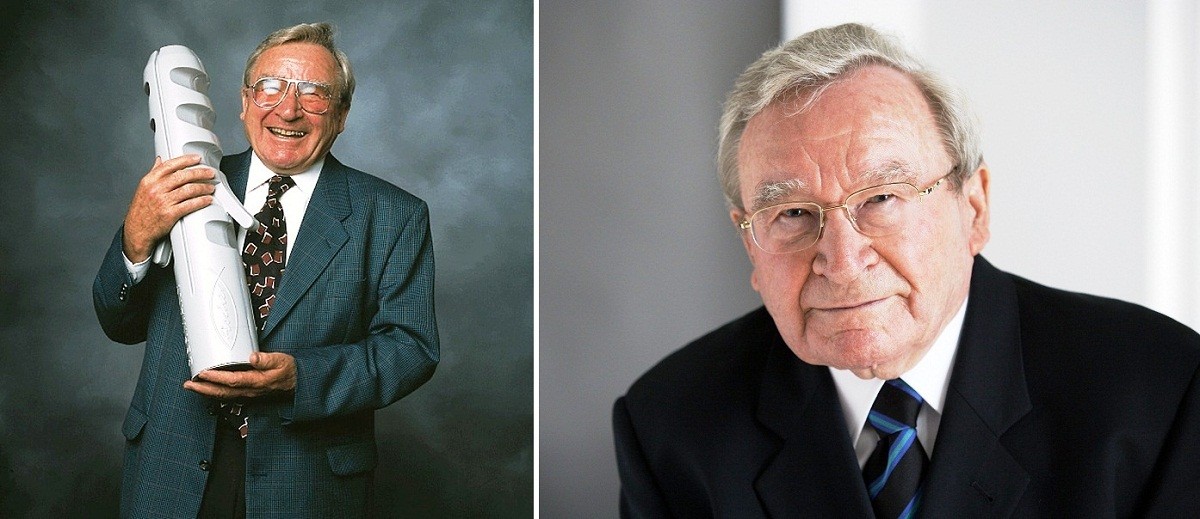













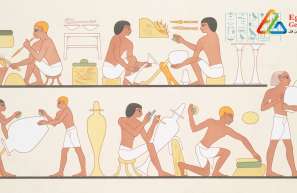









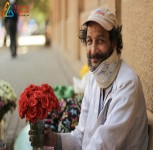



مجلة علمية معرفية وثائقية تتناول الشخصية المصرية